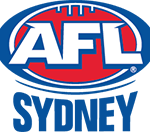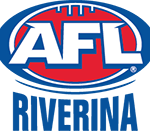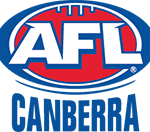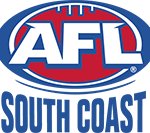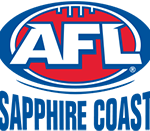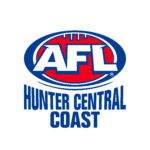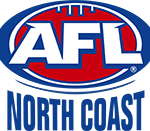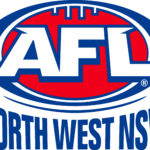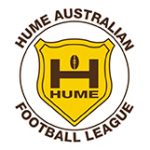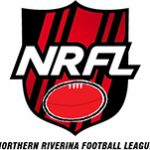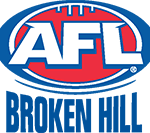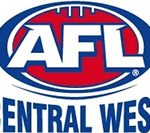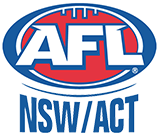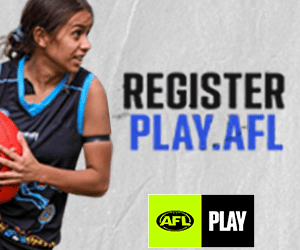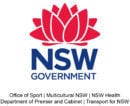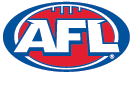AFL honour Aboriginal icon Sir Doug Nicholls
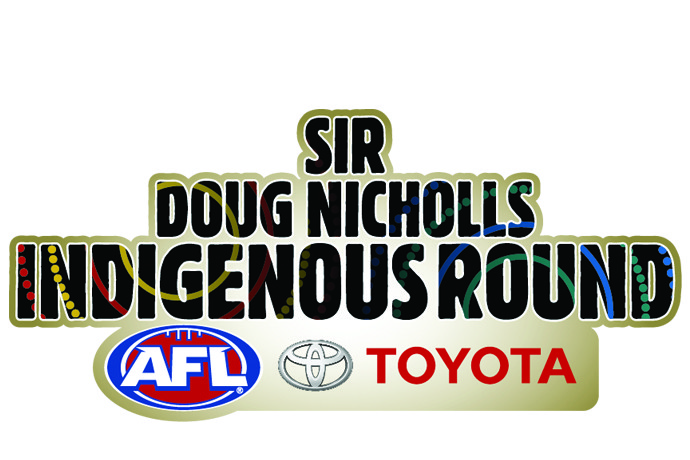
The AFL Sir Doug Nicholls Indigenous Round celebrates Indigenous culture and players, and the impact it has had on our game.
In October 2015, the AFL Commission approved the AFL’s Indigenous Advisory Council’s proposal to honour Aboriginal Icon Sir Doug Nicholls.
Born in 1906 on the Cummeragunja Aboriginal Mission in New South Wales, Sir Doug also attended school at the mission that was provided to Grade 3 with strict religious principles.
He went on to become an elite professional footballer, boxer and athlete, Churches of Christ Pastor, Justice of the Peace, Mason, MBE and OBE Awardee, Knight, sports administrator, human rights strategist, and a pioneering campaigner for reconciliation.
Sir Doug was the first Aboriginal person to be Knighted and also the first appointed to a vice-regal office, serving as Governor of South Australia from 1 December 1976 until his resignation on 30 April 1977.
Sir Doug Nicholls
1927 – Sir Doug Nicholls joined Northcote Football Club in the VFA
1928 – Warrackabeal Gift winner, Nyah Gift winner
1929 – Northcote premiership player
1930 & 1931 –VFA Grand Final Runner Up
1931 – Left Carlton Football Club because of overt Racism
1932 – Joined Fitzroy Football Club
1932-1937 – Played 53 games with Fitzroy, including finishing third in the B&F count
1935 – The first Aboriginal player to represent the VFL as a state player
After Sir Doug retired from Fitzroy he religiously organised and coached the first Aboriginal All Stars games. The All Star games brought the best Aboriginal Footballers together with games played against VFA and local clubs from 1942-1948.
He coached Northcote and was the longstanding Chairman of the National Aboriginal Sports Foundation (NASF) that conducted National Aboriginal Football Carnivals in all capital cities from 1969 to 1980.
He also ensured that Aboriginal women were involved in his carnivals through a national Aboriginal women’s netball carnival, running at the same time and location as the football carnivals, and these carnivals also triggered the NASF rugby and basketball carnivals
AFL CEO Gillon McLachlan described Sir Doug’s contribution to society as one of football’s most interesting stories.
“He represented both the values of our game and epitomised the spirit of reconciliation,” McLachlan said.
“He was a pioneering campaigner for reconciliation but his love for and commitment to Australian football was the glue that brought together all the other facets of his life.”
Nicholls also understood that football has an even greater role to play when it comes to reconciliation. It provides rich and wide common ground. It is also a great leveller. And football never exists in isolation – it reaches deep into communities through its supporters, players, volunteers and administrators.
Welcome to Marn Grook
The Sydney Swans will take on North Melbourne in the opening match of the 2016 Sir Doug Nicholls Indigenous Round on Friday, 27 May.
The two teams will play for the Marn Grook Trophy, honouring the Indigenous roots of Australian Football and recognising the valuable contribution of Indigenous players to the game.
Marngrook is the name given to a traditional game played during a corroboree of the Djawurrung and Jardwadjali clans in Victoria’s Western District. It is believe that this game is one of the inspirations behind Australian Football as we know it today.
The meaning of Marngrook translates to ‘Game Ball’, and it is believed the founder of Australian football, Tom Wills, observed a game of Marngrook in the 1840’s and thought it would be a good way for Australian cricketers to keep fit during the winter months.
Click here to purchase your tickets to see the Sydney Swans take on North Melbourne for the Marn Grook Trophy,
